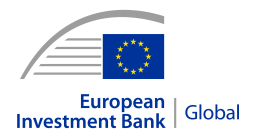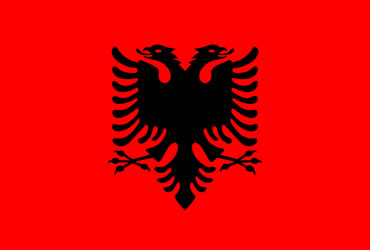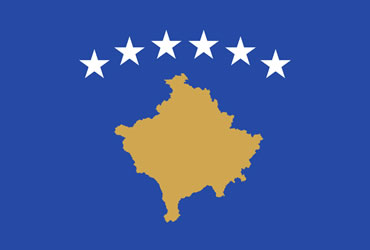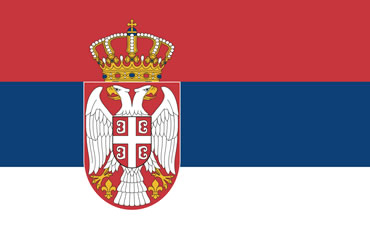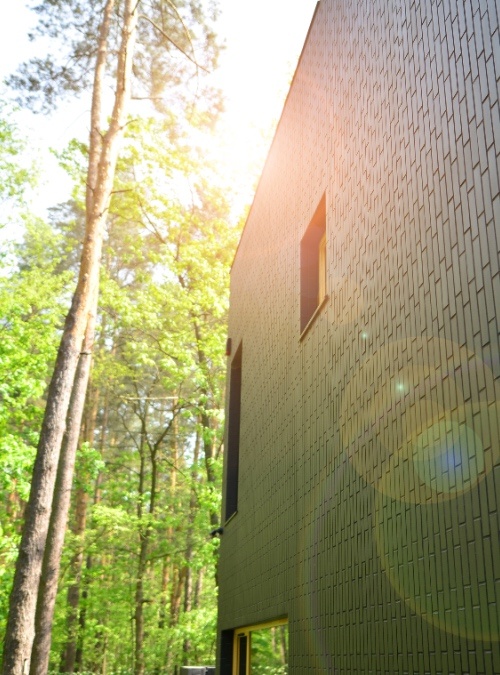
Serbia moving forward with renewable energy and energy efficiency targets
The Regional Energy Efficiency Programme was set up in 2012 to support Western Balkan beneficiaries achieve their sustainable energy objectives and to help create a sustainable market for energy efficiency in the region.
The Energy Efficiency in Public Buildings project is a €77 million investment in the energy-efficient rehabilitation of public buildings to tackle this need head-on. It includes the rehabilitation of 35 public buildings, installation of solar panels on 125 public buildings and the piloting of one or two Nearly Zero-Energy Buildings (NZEB) in selected municipalities throughout Serbia.
These will be the first NZEB in public buildings in Serbia, a standard that is required in new public buildings in the EU since 2019.
It is expected to reduce annual CO2 emissions from the rehabilitated building stock by at least 40% - that’s 6,900 tonnes of CO2 -equivalents. Adding the removal of a further 4,850 tonnes of CO2 - equivalents due to electricity consumption from the rooftop solar panels, the overall emissions reduced (11,750 tonnes) amounts to the equivalent of the annual average emission from 9,600 cars. More than half a million trees would be needed to absorb this amount of CO2.
"Energy efficient retrofitting in leads to annual, consumption-based energy savings of at least 17.6 GWh. That’s the equivalent energy consumption of 1,200 households,” said Aleksandar Aleksić, local KfW Senior Sector Specialist for Sustainable Urban Development.
The total project costs €77.7 million. It is financed by an investment grant of up to €20 million and a grant for technical assistance of up to €1.5 million by REEP through the Western Balkans Investment Framework, a €2 million grant from the German Federal Government and €4.68 million from the EU Instrument for Pre-Accession. A €50 million concessional loan from KfW (where the German Government subsidises the interest rate) completes the package.
Building the biomass potential
Serbia is characterised by a large district heating sector. There are over 60 municipal district heating companies (DHC) supplying heat to about 19% of the 3 million households in Serbia, as well as to commercial and public clients. The DHCs mainly operate heat-only plants using natural gas (67%), heavy fuel oil (19%) and lignite (14%) with a capacity totalling 7,000 MW (almost as much as total electrical capacity – 7,700 MW).
The Development of the Biomass market in the Republic of Serbia of the Ministry of Mining and Energy (MoME) project aims to enable a secure, efficient and climate-friendly supply of consumers connected to district heating networks.
The programme would provide financing of biomass district heating systems in 4-6 municipalities to construct new boiler houses with biomass boilers and with new or existing and relocated gas boilers. If the existing boilers are coal-fired, which is mainly the case, they will be completely shut down and replaced with biomass-fired boilers. All heating plants would have backup gas boilers for maintenance purposes, or in case of failure on biomass boilers. In general, 90% of energy should be produced from sustainable sources, i.e., from biomass, wood chips.
When using wood chips, sustainability of forest resource management is critical. Different problems appear in such cases, like illegal forestry or thefts of wood, and if there is no adequate management of forest resources in place, wood chips are unsustainable source. Therefore, the project will have an additional related component. Technical assistance for policy dialogue will be provided as part of the project, focused on the transposition of the EU Directives to achieve sustainable forest resources management.
Expected results include significant reduction of CO2 emissions, and an SO2 reduction of 100%. Additionally, a considerable increase in the share of renewable energy is expected.
“Local communities will benefit in many ways, by creating stable, modern, and environmentally friendly district heating systems, that will reduce air pollution and positively affect people health. The project will also stimulate local supply chain and contribute to increasing GDP in local communities. This is a very important part of the project and something that we always take seriously. We are also building a resilient, independent energy system. The fuel, in this case biomass, is produced and used locally”, explained Matija Tadić, senior energy sector specialist from the KfW Office in Belgrade.
The funds allocated for the project, which is to start in 2024 and is supposed to be finished by 2029, amount to €32 million in total. A grant of €9 million comes from the EU Regional Energy Efficiency Programme (REEP) under the Western Balkan Investment Framework (WBIF). An additional grant of €925,000 is provided by the EU Instrument for Pre-accession Assistance (IPA). German development bank KfW is providing a €20 million loan and up to €2 million grant on behalf of the German Government.
____
About REEP
The Regional Energy Efficiency Programme in the Western Balkans (REEP) aims to create a sustainable energy efficiency market in the region. The programme provides a combination of financial instruments for private sector and individual households, technical assistance and policy dialogue support for public institutions to overcome market obstacles and stimulate long-term market growth. The REEP is implemented by the European Bank for Reconstruction and Development (EBRD) and the German Development Bank (KfW) with the support of the EU and other bilateral donors. To date, REEP has provided more than €300m in credit lines and €150m in direct lending for 1,000 SMEs, more than 12,700 households and 290 public buildings. This has contributed to almost 1 million MWh/yr in energy savings. REEP Plus is identified in the European Commission's Economic and Investment Plan for the Western Balkans as one of the flagship projects within the "Renovation Wave" under the investment window "Clean Energy". These projects contribute significantly to the reduction of greenhouse gas emissions, and improve the living standards and health of citizens.
